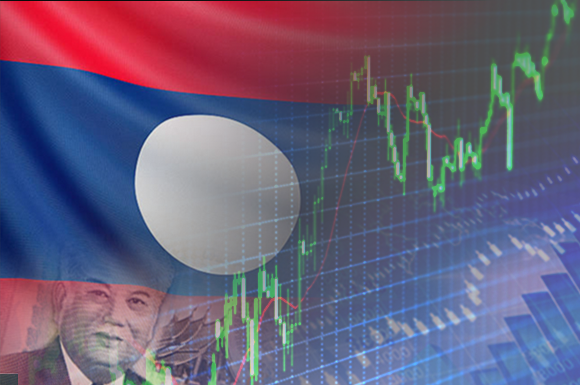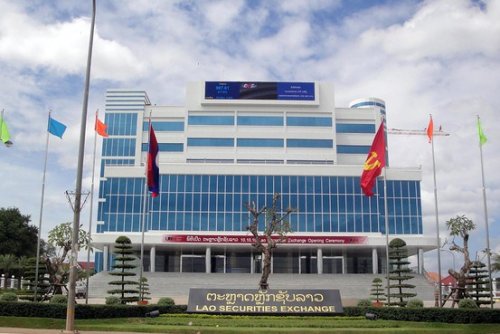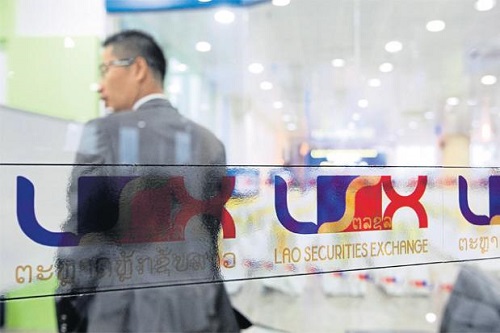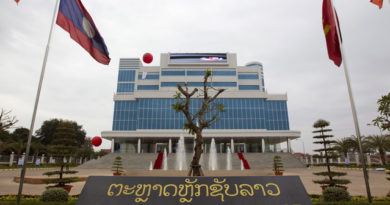Laos’ Tiny Bourse Still Struggles After All These Years
Source: asia nikkei
Despite development boom, exchange has listed only 7 companies since 2011 launch
The Lao Securities Exchange wants to increase the number of listed companies from the current seven to 25 or 35 by 2020, but experts are skeptical.
Since the bourse launched in 2011, no more than two companies per year have gone public, making a fourfold or fivefold increase over such a short time frame a challenge.
Impediments to the ambitious plan include poor corporate governance and transparency. Laotian companies need to improve both before the exchange can take off, according to Yohei Kitano, senior analyst at Nomura Institute of Capital Markets Research.
We are offering the highest and best coverage for cars & motorbikes in Laos !
And we offer the most competitive premiums !
Life’s complicated enough. So we’ve made buying car insurance simple and fair, with all the benefits you’d expect and more. That’s car insurance the way it should be.
Try us and get your quote here or contact us at info@jclao.com / 020 77 100 200
After fulfilling financial requirements, companies that want to go public in Laos must meet other criteria, such as submitting audited financial reports and demonstrating sound corporate governance, which includes management transparency. However, “both state-run and private companies have refused to comply with these requirements because they are unwilling to disclose details of the businesses,” said former LSX CEO Dethphouvang Moulart in a past interview.
Little seems to have changed since then, and about half of the bourse’s stocks are traded by foreign investors. The number of brokerage accounts required for trading is rising, but the ratio of active accounts — those that recorded transactions over a one-year term — dropped to 7% in 2017.
Still, the LSX is trying. In a move to nurture domestic investors and boost trading volume, the exchange relaxed trading rules in April 2017, lowering on-site transaction fees from 0.3% to 0.15% and online transaction fees from 0.27% to 0.135%. By the end of this year, trading hours will be extended to four hours from the current 2 1/2 hours.
These measures seem to be bearing fruit, albeit relatively meager. In February, Vientiane-based Lao Cement became the seventh listed company on the LSX, while in 2017, trading volume recovered to 300 billion kip ($35.7 million) for the first time in six years
The Lao Securities Exchange started trading in January 2011 with only two listed companies: state-owned Banque pour le Commerce Exterieur Lao and EDL-Generation, a generator of hydropower.
Laos urgently wants to develop its stock market, as doing so would help remove the country from the United Nations’ list of least developed countries by 2024




